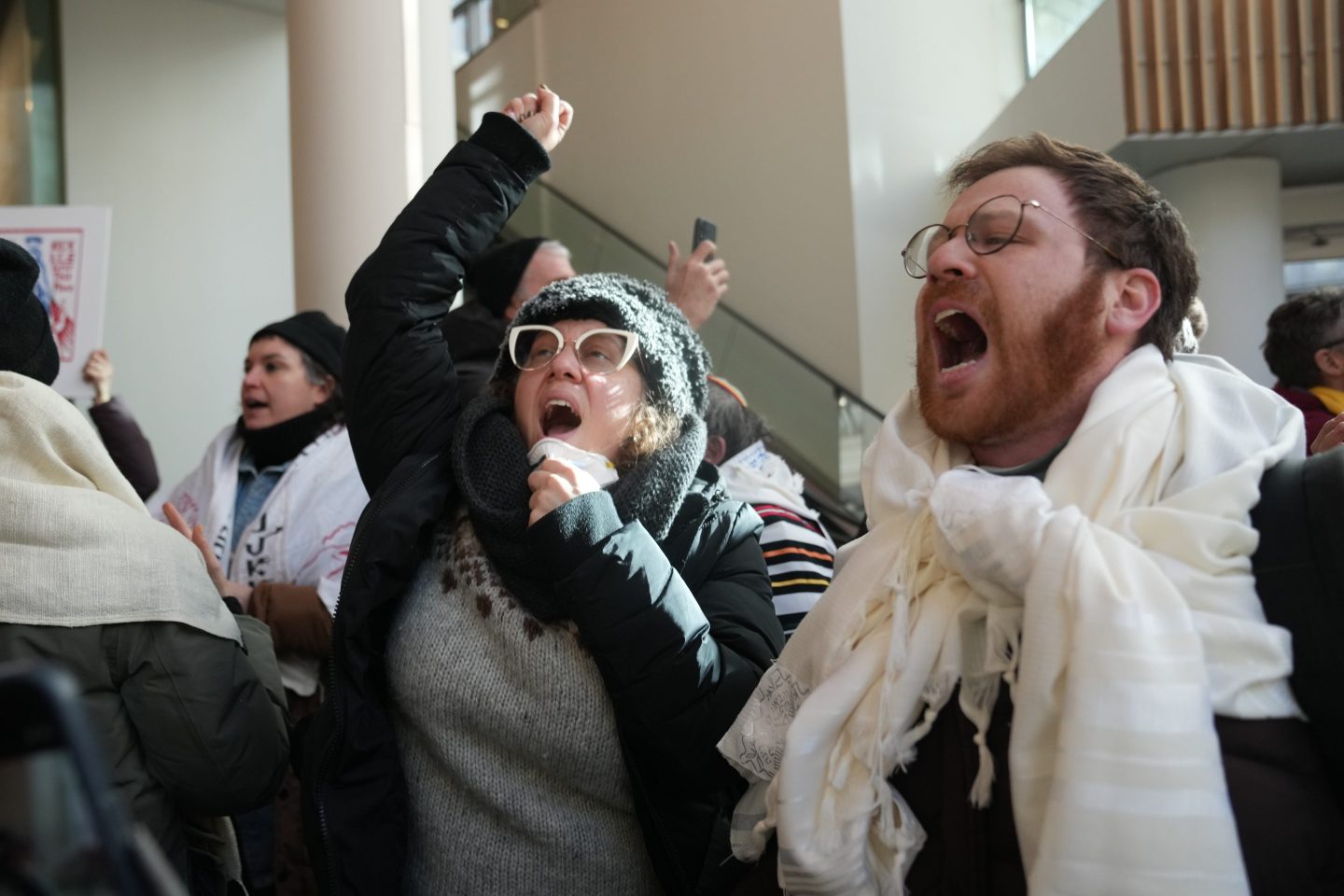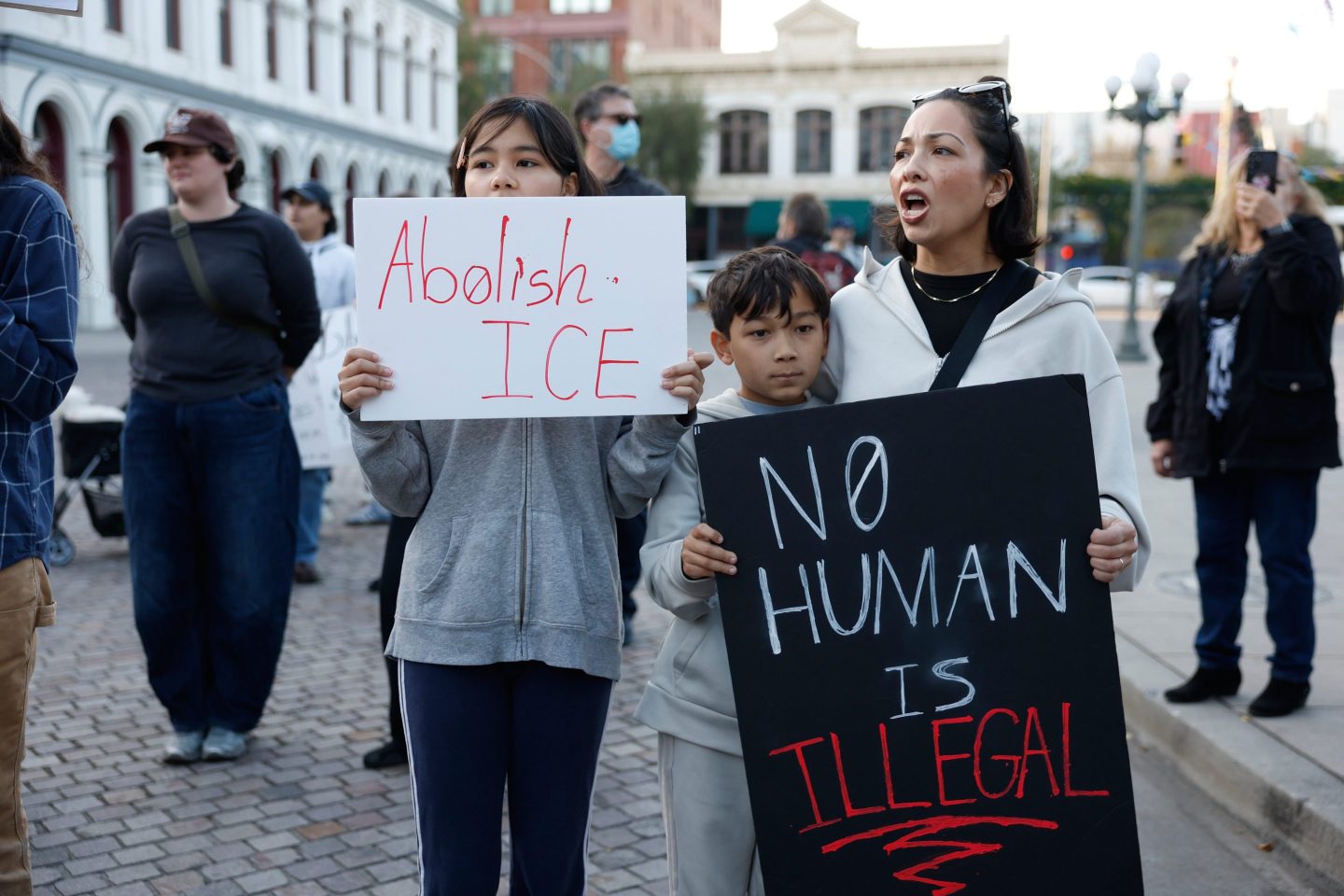Pfizer has agreed to lower the cost of prescription drugs for Medicaid under a deal struck with the Trump administration, President Donald Trump said Tuesday as he promised similar deals with other drugmakers under the threat of tariffs.
Trump made the announcement at the White House alongside Pfizer CEO Albert Bourla just hours ahead of a possible government shutdown in a partisan standoff over health care and spending.
Pfizer Inc., one of the largest U.S. Drugmakers, produces the COVID-19 vaccine Comirnaty and the treatment Paxlovid. Its products also include several cancer drugs, the blood thinner Eliquis and the pneumonia vaccine Prevnar.
Under the deal, New York-based Pfizer will charge most-favored-nation pricing to Medicaid and guarantee that pricing on newly launched drugs, Trump said. That involves matching the lowest price offered in other developed nations.
The agreement by Pfizfer builds on an executive order Trump signed in May setting a deadline for drugmakers to electively lower prices or face new limits on what the government will pay. Trump said deals with other drug companies would be coming over the next week.
“I can’t tell you how big this is,” the president said Tuesday.
“We are turning the tide and we are reversing an unfair situation,” Bourla said.
Consumers are not expected to start seeing lower prices under the Pfizer deal until 2026, according to senior administration officials who were not authorized to speak publicly and spoke on condition of anonymity.
Patients in Medicaid, the state and federally funded program for people with low incomes, often pay a nominal co-payment of a few dollars to fill their prescriptions, but lower prices could help state budgets that fund the programs.
Lower drug prices also will help patients who have no insurance coverage and little leverage to negotiate better deals on what they pay. But even steep discounts of 50% or more could still leave patients paying hundreds of dollars a month toward their prescriptions, depending on the drug.
Besides committing to lowering costs, Trump said, Pfizer agreed to spend $70 billion in domestic manufacturing facilities, becoming the latest in a string of major drugmakers to announce plans to build production in the United States.
The White House did not immediately release details about the investment, but Pfizer said in a statement that the outlay would be dedicated to U.S. Research, development and capital projects in the next few years.
Pfizer also agreed to participate in a new website the administration said it plans to start up next year called TrumpRX that would allow people to buy drugs directly from manufacturers. Pfizer said most of its treatments will be offered at discounts that average 50% through the platform.
Trump has been talking for months about the need to lower drug prices and to boost U.S. Drug manufacturing. To persuade companies to strike deals, Trump said he threatened to impose tariffs — a favorite tool of his to use as leverage across all areas of government — but that move could raise drug prices.
Trump said the tariff threat put the government in “a pretty good negotiating position,” and said, “This is something that most people said was not doable.”
One thing that is not doable, however, was Trump’s repeated claim that it would cut drug prices by more than 100%, “14, 15, 1,600% reductions in some cases,” he said.
A 100% reduction would make the drugs free. Cuts greater than that would essentially mean people are paid to take the drugs.
Trump sent letters in late July to executives at 17 pharmaceutical companies about changes he would like to see. Copies of the letters posted on social media note that U.S. Prices for brand-name drugs can be up to three times higher than averages elsewhere.
The letters called for drugmakers to commit by Monday to offering what Pfizer agreed to: most-favored-nation pricing to Medicaid and new medications.
Trump also asked drugmakers to offer the lower pricing levels for drugs sold directly to consumers and businesses.
Trump has claimed that the U.S., with its higher drug prices, subsidizes care in other countries.
Drugmakers in the past couple of years have started launching websites to connect customers directly with some products like Lilly’s obesity treatment Zepbound or the blood thinner Eliquis from Pfizer and Bristol-Myers Squibb. That comes as patients have grown more comfortable with receiving care virtually after the practice exploded in popularity during the coronavirus pandemic.
Drug prices for patients in the U.S. Can depend on a number of factors, including the competition a treatment faces and insurance coverage. Most people have coverage through work, the individual insurance market or government programs like Medicaid and Medicare, which shield them from much of the cost.
While Trump was focusing on drug costs on Tuesday, Democrats were focused on reversing Medicaid cuts in the sweeping law he signed this summer.
They were pushing for that reversal to be included in a measure to fund the government in the short term, along with an extension of tax cuts that make health insurance premiums more affordable for people who purchase coverage through Affordable Care Act marketplaces.
Republicans have said they won’t negotiate.
___
Murphy reported from Indianapolis.











